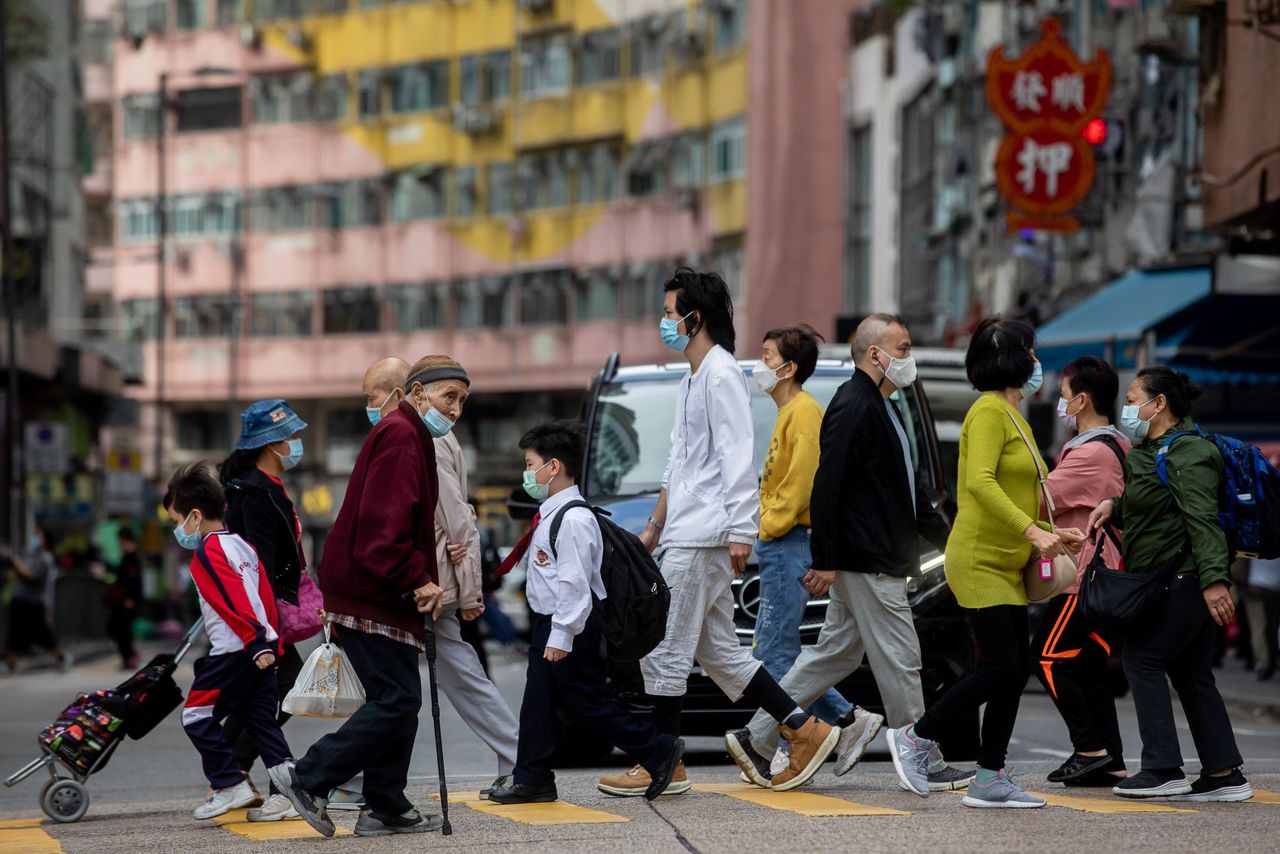As Covid-19 has driven employees to work from home, many have benefited from more flexible hours and an end to long commutes. However, the merging of work and home life, as well as the inability to take a holiday, has led to increased burnout and isolation.
As this challenging year draws to a close, I would like to reflect on what characterised 2021. One word that stands out is “hybrid”.
Before the pandemic, the word “hybrid”, defined as a mixture of two different things, was most commonly associated with hybrid cars that combine an electric motor with a petrol or diesel engine. Since the global spread of Covid-19, though, this term has come to mean so much more.
We now have hybrid workforces in a large number of firms, with some employees working at a physical company office while others work remotely.
Some individual employees have a hybrid work arrangement, working remotely some of the time and in the office the rest of the time.
The coronavirus pandemic has driven a mass social experiment in working from home (WFH). According to a joint study by the data firms Owl Labs and Global Workplace Analytics, 16 per cent of companies worldwide are now 100 per cent remote.
The study, which primarily focuses on the state of remote work in the US and comprises responses from 2,025 full-time workers in 2020, also reports that 62 per cent of employees aged 22 to 65 say they work remotely at least occasionally. Almost half of those would quit their job if they could no longer work remotely after the pandemic.
Hybrid work has gained traction for its flexibility, improved health and safety, increased productivity with no daily commute and, for many, higher employee satisfaction.
Alas, working from home has also brought challenges. As the pandemic has dragged on, employees are dealing with burnout, isolation and addiction from the long hours and lack of time off, with remote working often blurring the lines with home life.
A study in Canada of 500 workers aged 18 and above conducted by global staffing firm Robert Half found that 44 per cent of respondents feel fatigued and more burned out compared to a year ago.
Employees are dealing with soaring rates of depression and anxiety. Deaths from drug overdoses spiked by 30 per cent in the US in 2020, according to the National Centre for Health Statistics.
With travel restrictions still in place in parts of the world, many of us have been unable to take a holiday for two years, and that has contributed to stress and burnout.
Meanwhile, meetings, speaker events, business gatherings and conferences have all gone hybrid, with some people attending in person and others tuning in via Zoom or other videoconferencing tools. This shift means that a certain degree of human connection has been lost.
On the positive side, we have been able to remotely attend more conferences and meetings than would be possible in person, expanding our knowledge without stepping outside our homes, much less our city or country.
 Pedestrians cross a road in Hong Kong on December 7. For most of the
population, the city’s zero-Covid strategy has granted a semblance of
normality.
Pedestrians cross a road in Hong Kong on December 7. For most of the
population, the city’s zero-Covid strategy has granted a semblance of
normality.
Here in Hong Kong, we have been tremendously lucky that the city’s zero-Covid strategy has allowed us to continue meeting in person throughout most of the pandemic. Though quarantine has been onerous on those who travel, for most of the population it has granted a semblance of normality with no lockdowns or outright closures of restaurants and stores, unlike many large cities overseas.
After a one-year hiatus, the Art Basel international art fair debuted its first hybrid show here in May, with both on-site and digital participation. The 2021 edition featured 104 galleries from around the world, with overseas galleries able to participate via satellite booths and online viewing rooms.
Similarly, the Hong Kong International Literary Festival in November went hybrid, presenting over 75 events with both online and in-person engagement. It showcased internationally renowned authors such as Paula Hawkins and Booker Prize winner Damon Galgut, which would not have been possible without remote technology.
Another hybrid aspect of the pandemic is that it has simultaneously narrowed our world through social distancing, while paradoxically widening our access to people and events around the world.
This festive season, those of us who have been separated from loved ones by distance, logistics of quarantine and inability to travel have had to make do with hybrid family gatherings.
Though not perfect, remote technology has enabled us to connect with distant friends and family across the world. As I wish everyone a happy, healthy and pandemic-free new year, I have a feeling our new hybrid way of life won’t be going anywhere in 2022.















